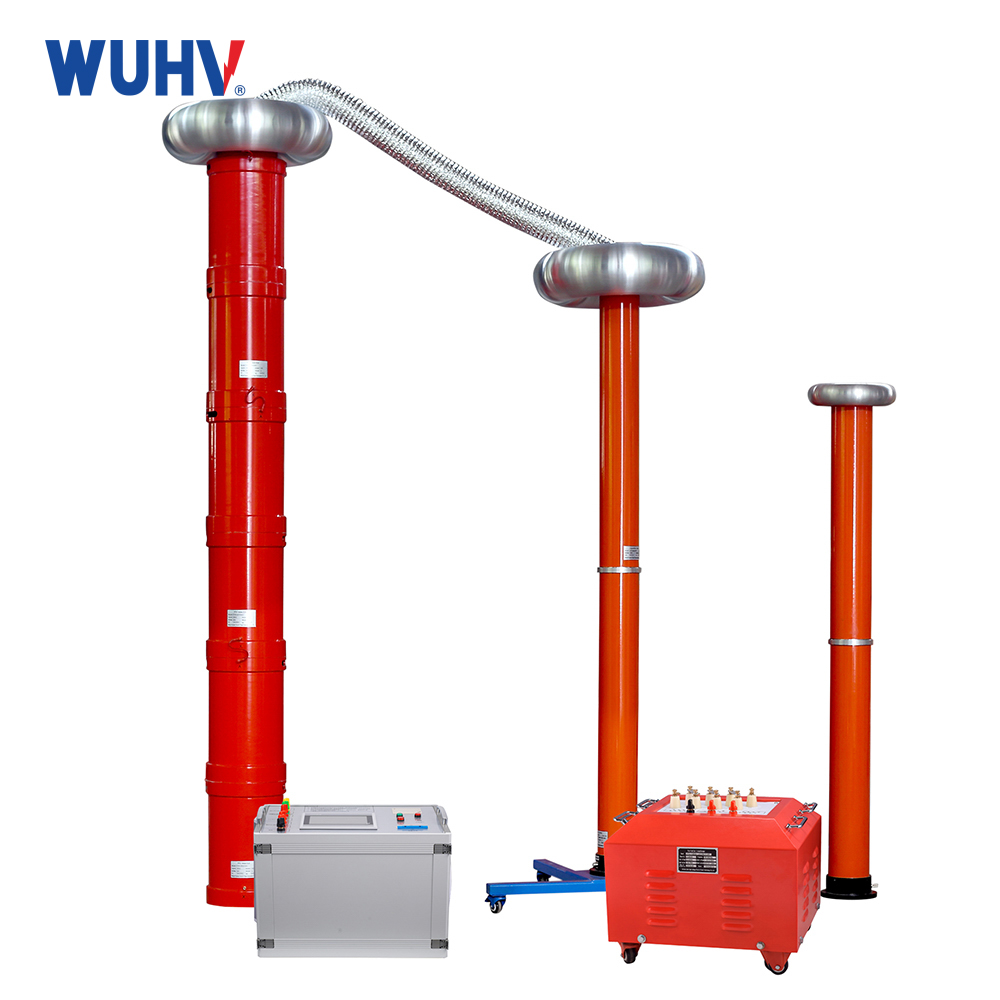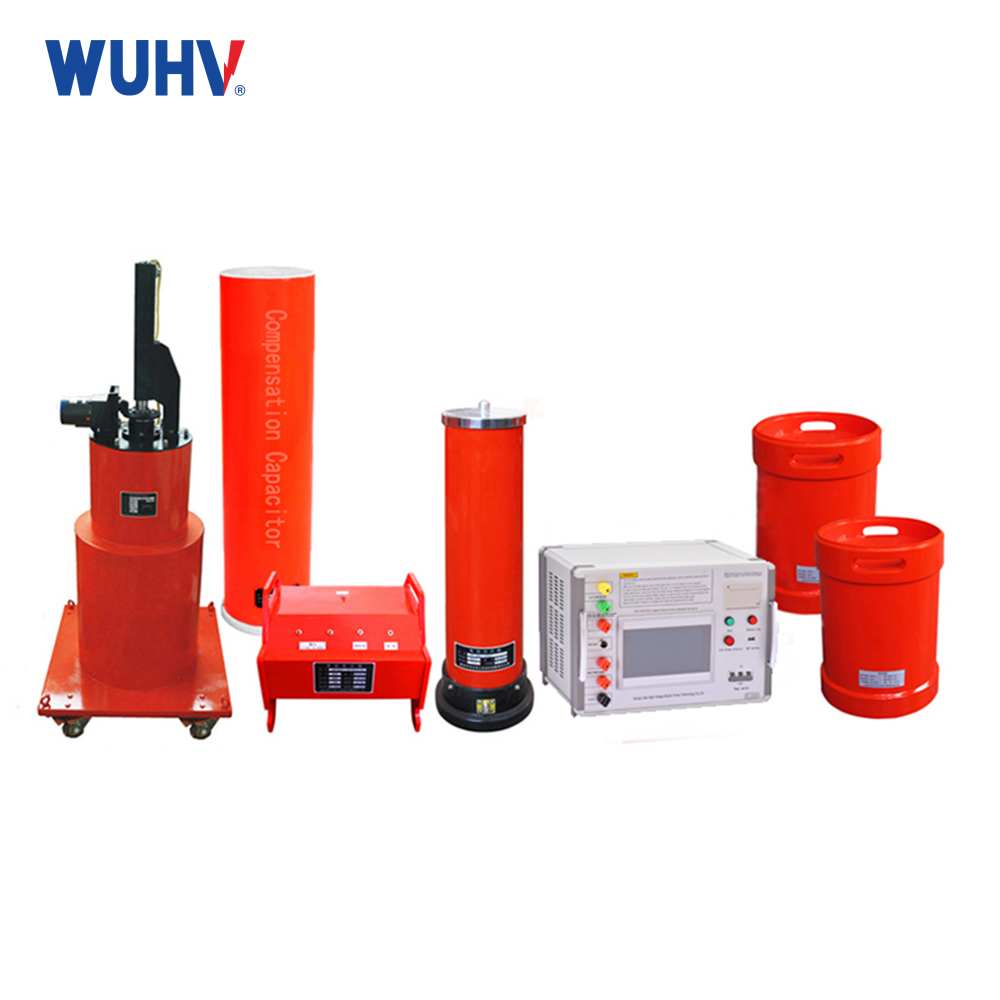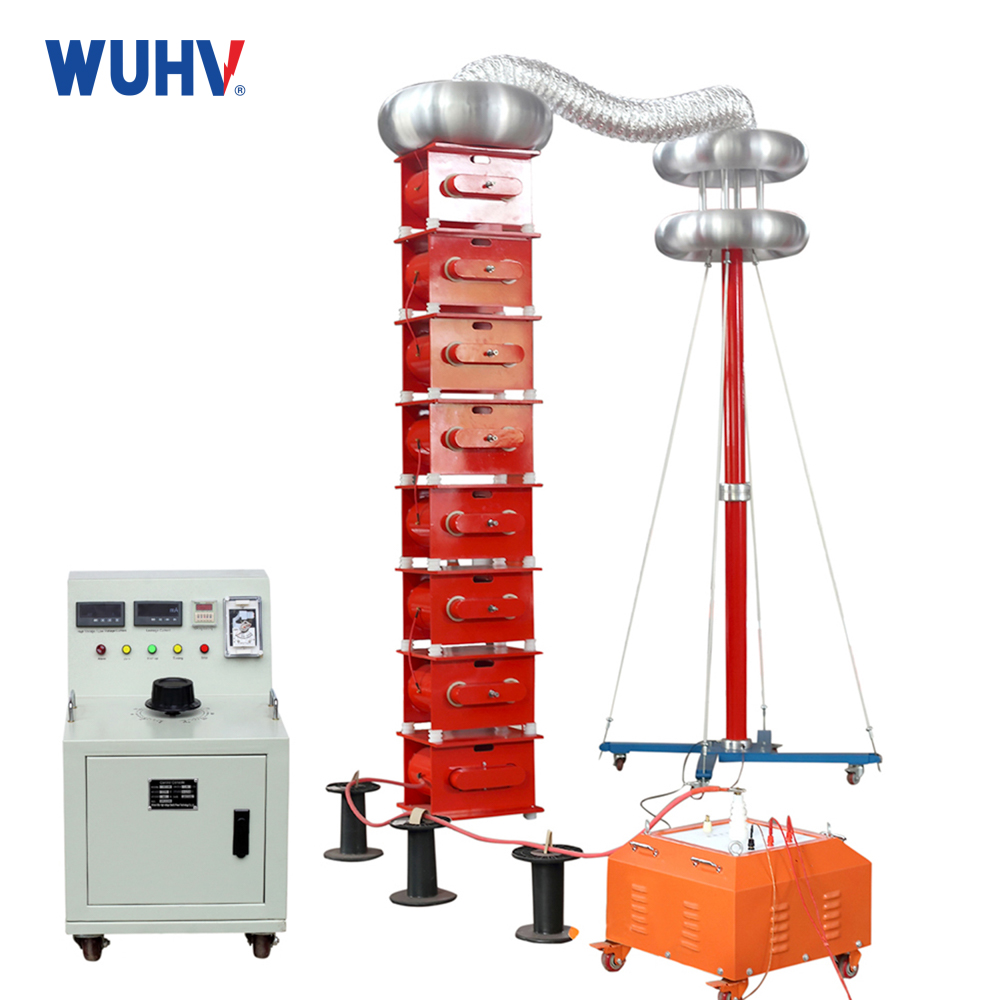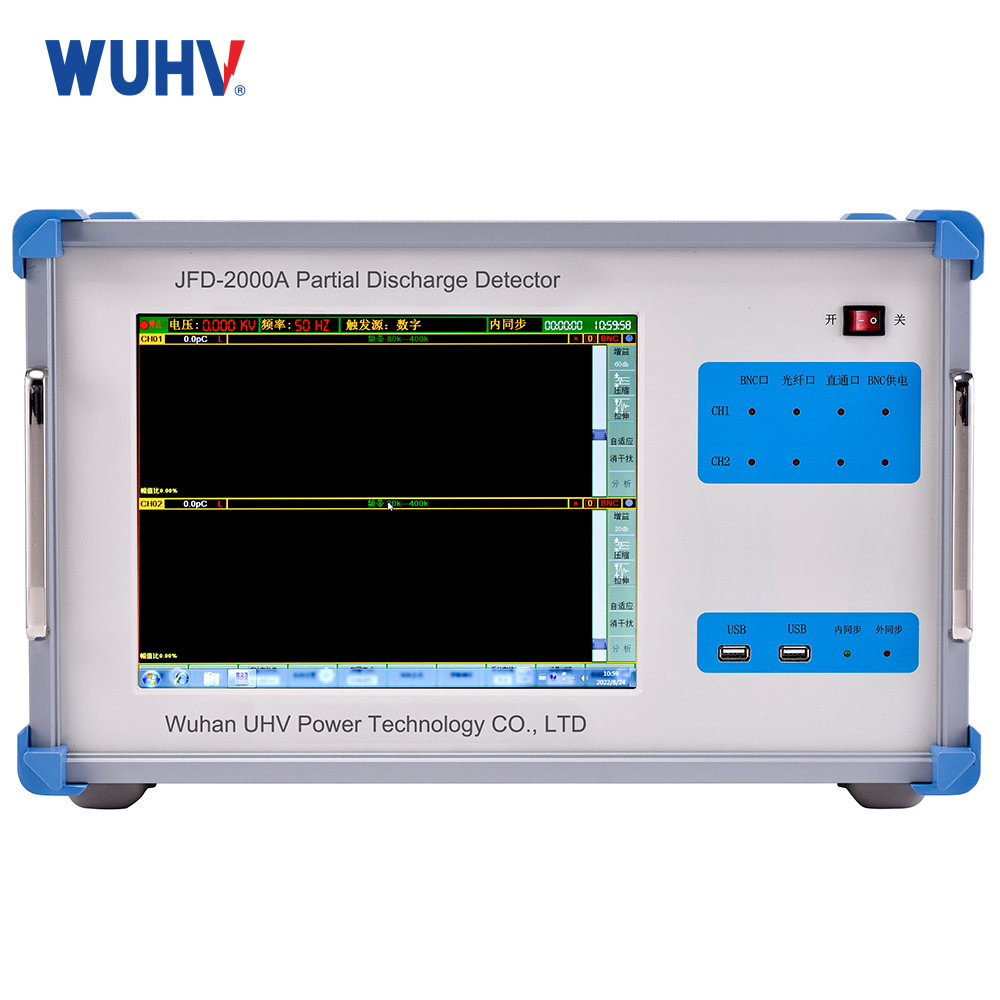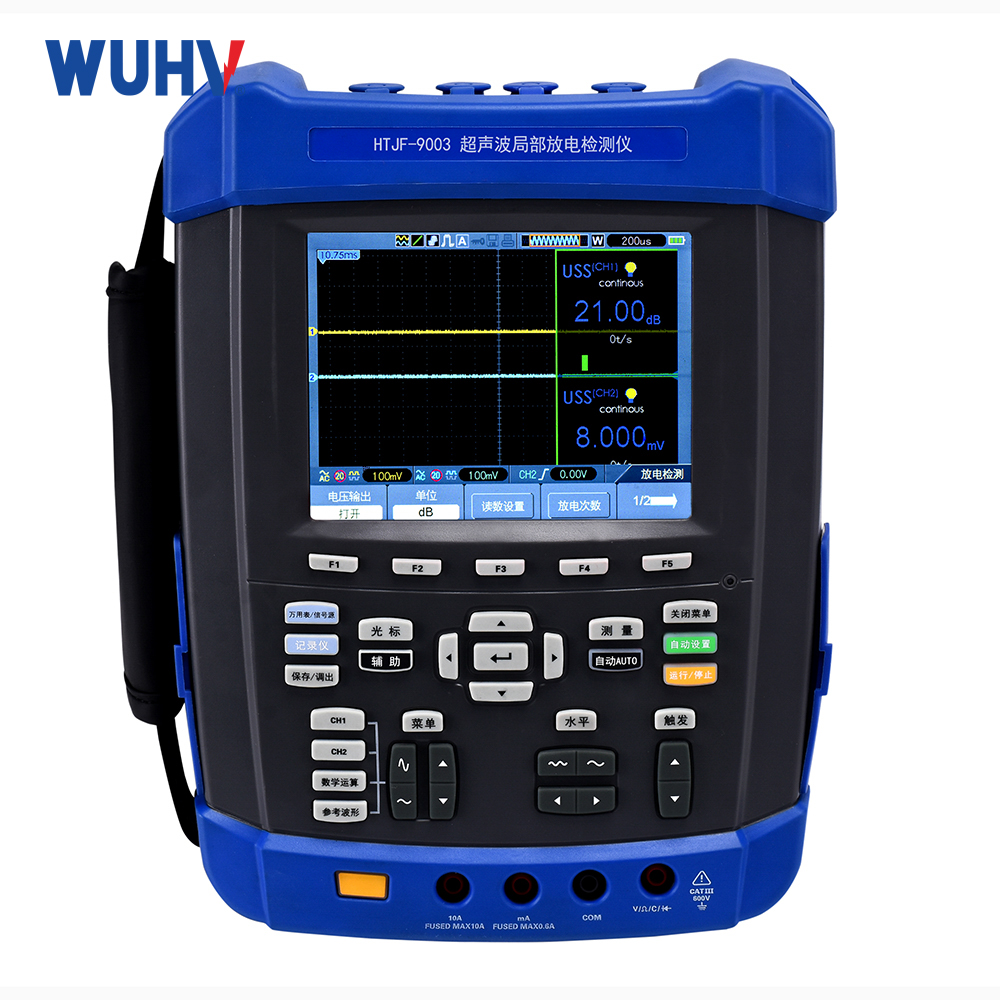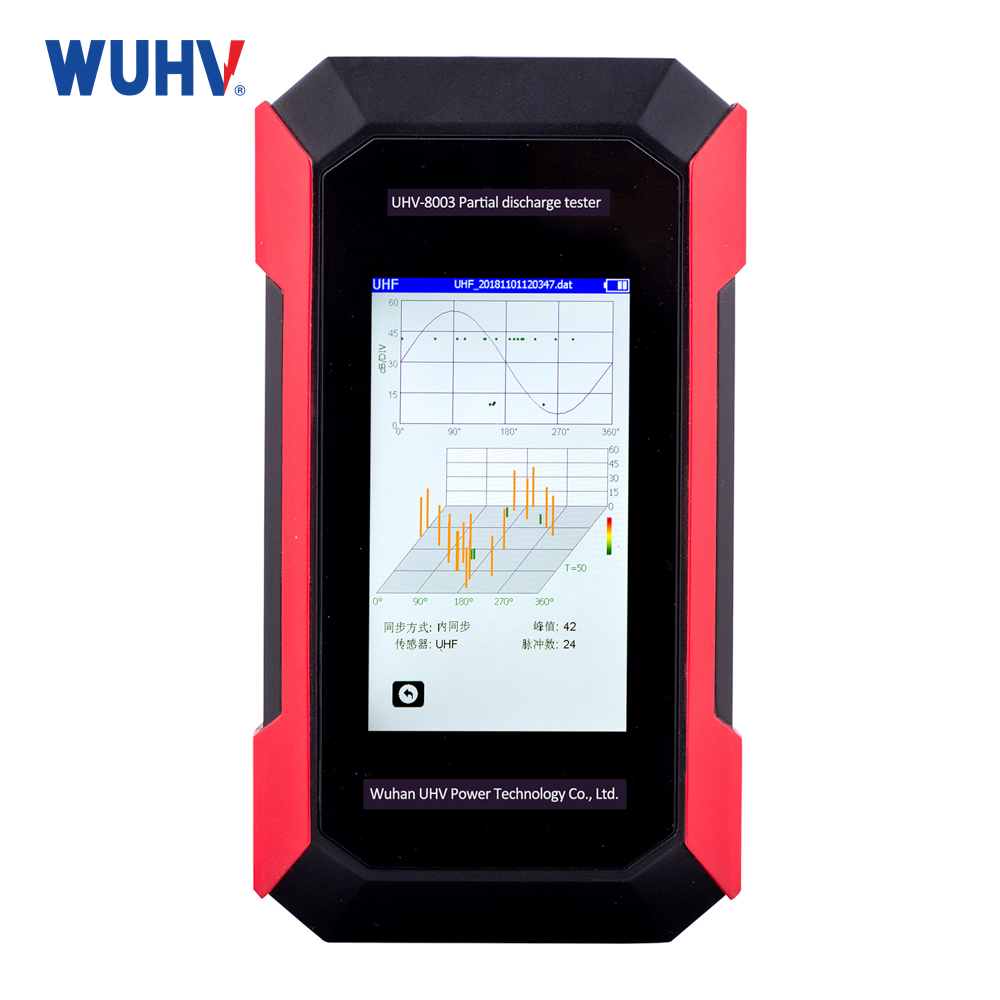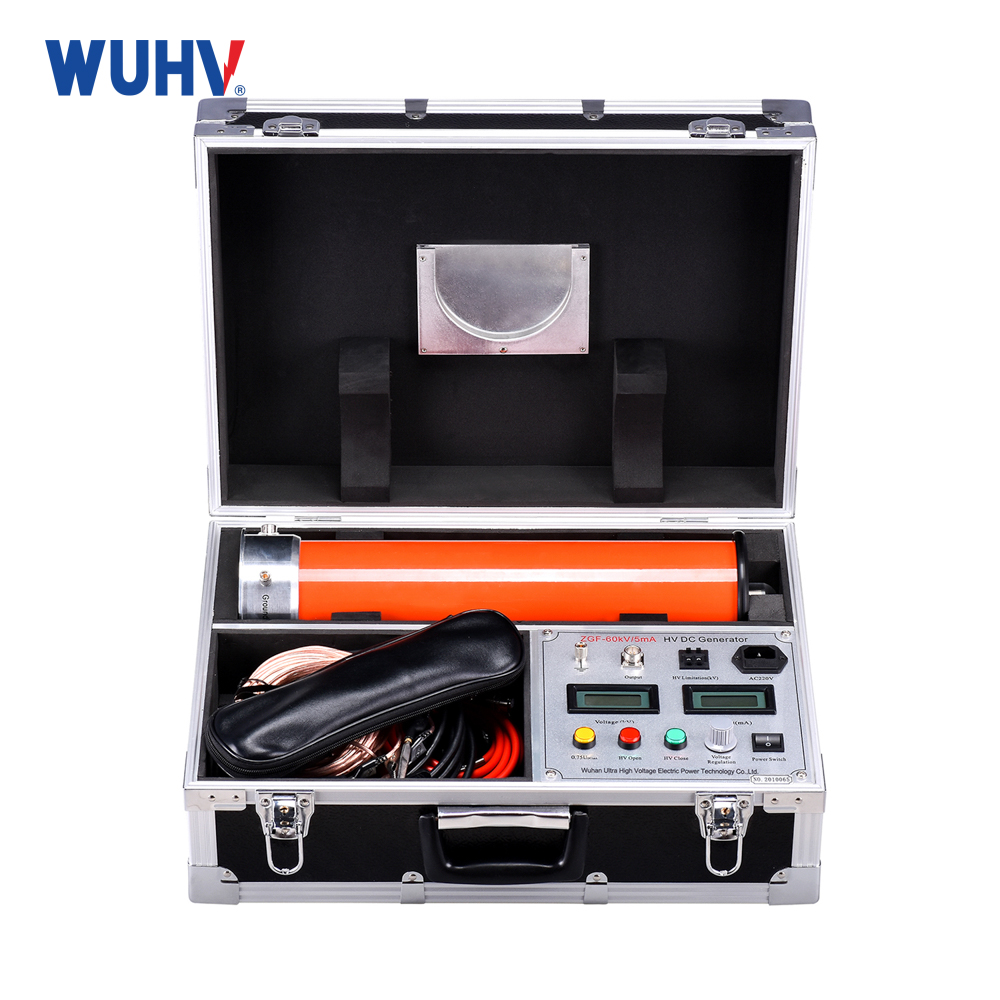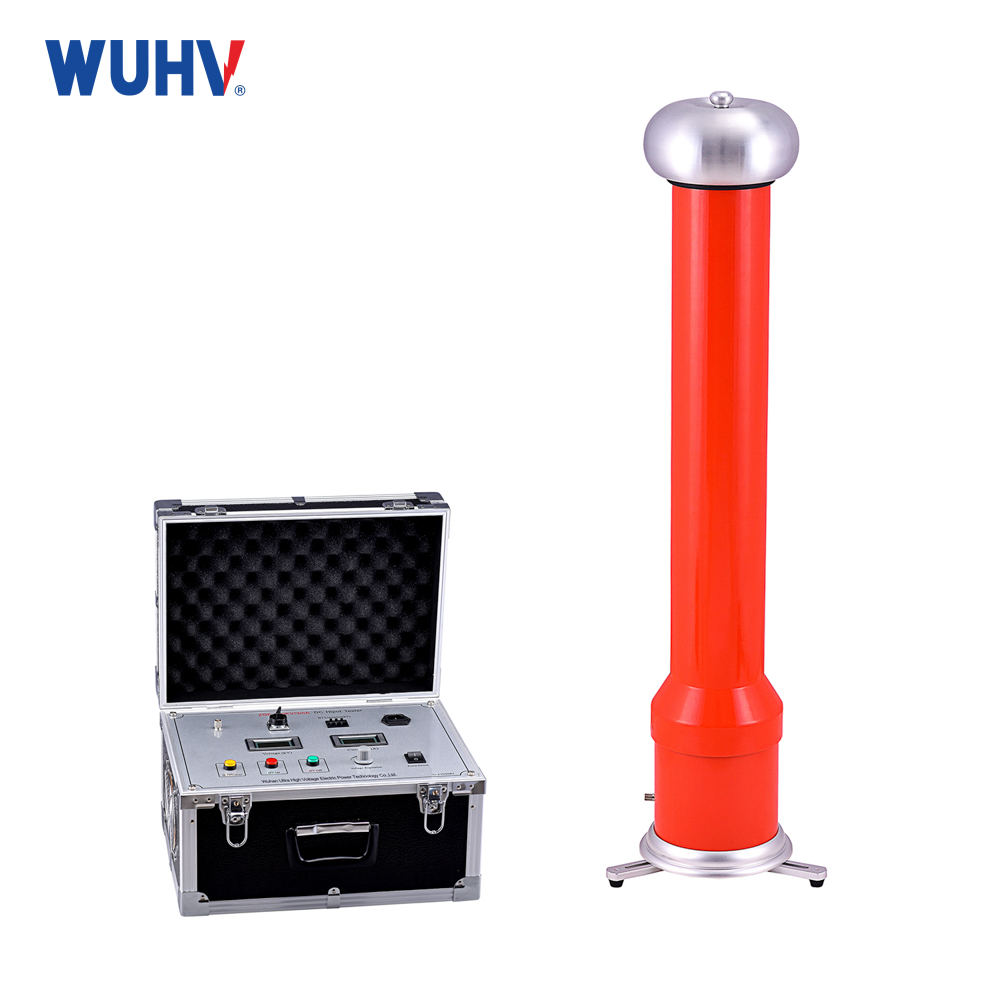The cable fault testerunder Wuhan UHV can help many power workers conduct various power tests more conveniently.

Cable fault testing has a wide range of applications in multiple fields, and the following is a detailed summary of its various applications:
Power system:
High voltage transmission cables: ensure the safe and stable operation of power transmission lines.
Low voltage distribution cables: for fault detection of cables in urban power grids, industrial enterprises, mines and other fields.
Various power cables within the power plant: providing necessary auxiliary tools for power testing personnel.
Communication system:
Cable TV network, communication network, and data communication network: Effectively diagnose faults in various communication cables such as fiber optic cables and coaxial cables to ensure smooth communication.
Transportation sector:
Subway, railway, highway and other transportation facilities: A large number of cables are used as the medium for signal transmission and power supply. Cable fault testers can quickly locate the fault point and ensure the smooth operation of transportation facilities.
Industrial and mining enterprises:
Production line and equipment: The cable fault tester can quickly and accurately locate the fault point, helping maintenance personnel to quickly troubleshoot and restore the normal operation of the production line.
Construction industry:
Intelligent buildings: The application of cables in buildings is becoming increasingly widespread, such as building automation, security monitoring, lighting systems, etc. The cable fault tester can ensure the stable operation of internal systems in buildings.
Other fields:
Petrochemical, aerospace, marine engineering, etc.: These fields have a high degree of dependence on cables, and the application of cable fault testers in these fields is also of great significance.
Fault detection method:
Non destructive testing methods: including infrared thermal imaging, ultrasonic testing, electromagnetic wave testing, etc., can quickly locate the location and type of cable faults.
Electrical testing method: Determine whether there is a fault in the cable by detecting changes in parameters such as voltage, current, and resistance.
Intelligent detection method: Combining technologies such as the Internet of Things, big data analysis, and artificial intelligence to achieve real-time monitoring and data analysis of cable faults.
Fault testing steps:
Offline of faulty cable.
Fault nature and fault phase judgment.
Fault pre positioning, using relevant equipment to test the approximate distance of cable fault points.
Cable route testing to narrow down the range of cable fault burial locations.
Accurate positioning of the fault point, using methods such as step voltage fixed-point method to find the fault point.
Excavation verification and repair of cables.
Voltage withstand test to determine whether the repaired cable can meet the power transmission conditions.
Restore power supply.
In short, cable fault testers play a crucial role in multiple fields, with wide and important applications, providing strong technical support for ensuring the safe and stable operation of cable systems.


